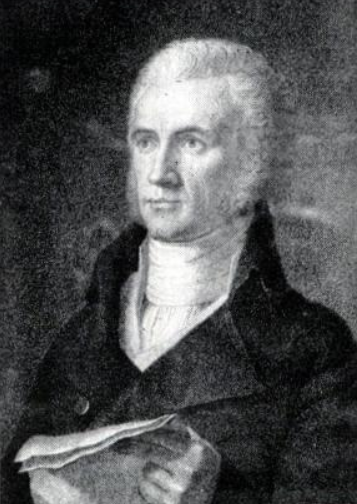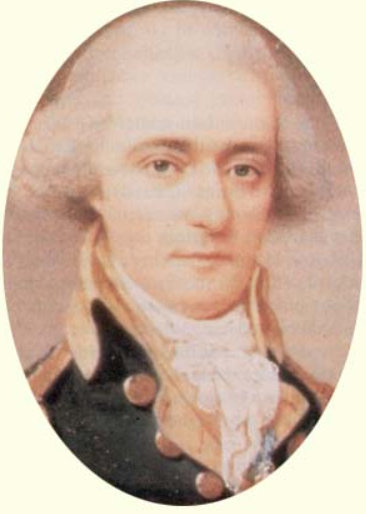William Blount's Unconventional Constitutional Convention
William Blount was a signer of the United States Constitution and one of the Founders of Tennessee.
William Blount
William Blount was born into a wealthy North Carolina family with big ambitions.
When the Revolutionary War broke out, several of his brothers signed up as officers in the Continental Army.
William took a job as paymaster for a local militia regiment, but by 1780 had become Commissary for Horatio Gates while he was in the Southern Department.
Continental Congress
Blount left the army in 1781 when he was elected to the North Carolina Assembly.
The following year he was sent as a Delegate to the Continental Congress.
Blount’s State was behind on the money it owed to the Congress, and he agreed to the cession of western lands as payment. This was the beginning of a long train of events which would lead to William becoming one of the Founders of Tennessee.
Missing the Negotiation
Upon his return home, Blount sponsored several bills which made the purchase of land in western North Carolina (parts of modern Tennessee) much easier.
He was again elected to the Continental Congress, but instead travelled south to participate in treaty negotiations with the Cherokee, Choctaw and Chickasaw tribes.
Unfortunately, he arrived too late and did not have an impact on the discussions. William did sign the Treaties of Hopewell, but only as a witness.
Constitutional Convention
Blount went north to rejoin the Continental Congress.
Soon thereafter he was selected as a Delegate to the Constitutional Convention. He showed up for a few days, sent a copy of the plans to North Carolina Governor Richard Caswell (which was against the rules) and returned to New York for the Continental Congress.
William was present for the passing of the Northwest Ordinance of 1787, but decided to head back to Philadelphia where he signed the United States Constitution.
Founding Tennessee
After the new government was established, President Washington selected Blount as the first Governor of the Southwest Territory, which basically consisted of modern Tennessee.
While there, William appointed men to assist him (including future President Andrew Jackson), had a census completed, organized a territorial government and had elections.
He decided to run for the position of United States Senator, which he won. Since Tennessee was not yet a State, his only job was to go to the Capital and attempt to get Tennessee recognized as such.
He was successful in this endeavor and on May 31, 1796, William Blount was present when Tennessee was approved to be the 16th United State.
Vilified
Blount named the Capital of Tennessee Knoxville, after his boss Henry Knox.
From there, things began to go poorly.
France defeated Spain in the War of the Pyrenees and many people were afraid that France would take control of New Orleans and halt trade on the Mississippi River.
Additionally, the land speculation market collapsed, bankrupting Blount.
Blount attempted to negotiate with Great Britain to invade New Spain but was found out. He was accused of treason and, since he was still a Senator, faced impeachment.
William skipped bail and fled to Tennessee, where he was still a hero, but before a trial could be had an epidemic struck.
William Blount, like many residents of Knoxville, was quickly taken by the disease.
Want to read about other North Carolina Founders?
Check out these articles:
Richard Dobbs Spaight Overcomes Defeat
Timothy Bloodworth and his Futile Fight Against the Constitution
Pity in the Field - David M’Kissick Trades Lives with a Loyalist
Considering his effect on the State of Tennessee, it is surprising that there is no modern biography of Blount.
‘Some Accounts’ was written in the 1880’s and is the most complete review of his life that I am aware of.
If you’d like a copy you can get one through the Amazon affiliate link below (you’ll support this site, but don’t worry, Amazon pays me while your price stays the same).
Want to get fun American Revolution articles straight to your inbox every morning?
Subscribe to my email list here.
You can also support this site on Patreon by clicking here.






